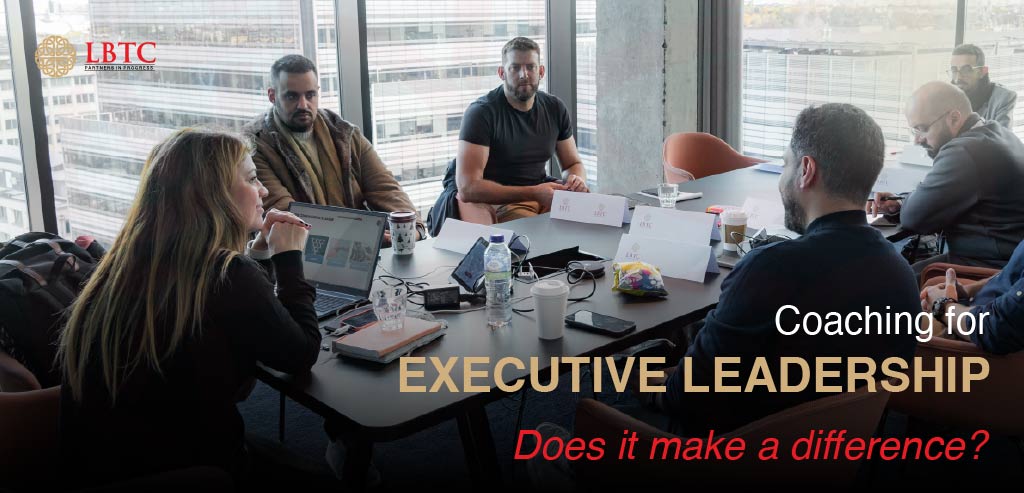
Executive positions can be quite demanding, but they are also very rewarding. After years of experience, many leaders reach the top, yet their learning never really stops for them. They may believe they are experts in everything or confuse it with being busy with success. Effective leadership is, in fact, an ongoing process and a long process. A sleader loses effectiveness the more they stop learning. Thus, continuing right learning is essential for the success of individuals as well as organisations.
The startling thing is that many CEOs claim executive coaching has a significant positive influence on them, their teams, and their businesses despite the fact that it can be challenging to quantify the precise ROI. Therefore, would you consider executive coaching if it were provided to you?
What Leaders Learn Best is by Doing.
A few widespread misunderstandings prevent leaders from seeking coaching or pursuing more education. One is the idea that they have fulfilled their educational path. They have now ascended the corporate ladder and thus are well-versed in all matters, right? False.
Success at any leadership level requires constant learning. Leaders must be able to adjust and steer their teams through ongoing change. Leadership coaching can assist them in developing the wholesome strategic thinking required at the top, particularly if their career path is centred on technical talents.
Another fallacy is the idea that being busy equals effectiveness. Overwhelmed leaders frequently overlook their personal growth and learning. However, staying occupied all the time is ineffective. For all parties concerned, it results in burnout. Through the creation of an organised learning process, a skilled coach may actually assist leaders in becoming more efficient. Better performance and more long-term success may result from this.
And last, a lot of leaders depend too much on official training courses. Although these programmes are useful, they rarely cater to specific needs and frequently lack flexibility. For leaders, in-the-trenches learning is typically the most effective. In their particular situations, leaders can identify, practise, and integrate new abilities with the support of effective coaching. It’s not simply about gaining more knowledge; it’s about altering behaviour. Excellent teaching is action-oriented, pertinent, and practical.
Gaining Knowledge Is a Sign of Strength
Leaders are less likely to seek executive coaching if they believe that constant learning and development is a weakness. This fosters a bad culture. Whereas when a business values growth, it inspires people to make personal investments. A culture of ongoing learning can be fostered inside an organisation by leaders who actively practise coaching.
Creating a Successful Coaching Relationship
Trust, honest communication, and confidentiality are the cornerstones of the strongest coaching partnerships. They offer a secure environment for introspection, push leaders to develop, and eventually enhance their output and long-term efficacy. When creating a fruitful coaching relationship, keep the following points in mind:
Selecting the Appropriate Coach.
Seek out a person who fits your personality, experience level, and skill set. An impartial, self-reliant coach should be able to provide a secure environment for learning.
Establishing Trust:
For coaching to be effective, trust is necessary. Your coach need to push you in a positive and helpful manner. It should also provide you a sense of psychological security to be honest without worrying about being judged.
Self-Guided Education:
Even while a coach helps along the way, the learning process is ultimately yours. The best coaching is optional rather than required. You’re more receptive to learning and changing when you have an investment in the process.
Be All In:
To get the most out of coaching, you need to be fully engaged. Be open to learning, challenge yourself, and be willing to try new things.
Final Verdict.
Executive coaching can help close knowledge gaps, improve performance, and develop leadership abilities. It can be the best investment if you’re serious about improving as a leader and taking your company to the next level.

Leave a Reply